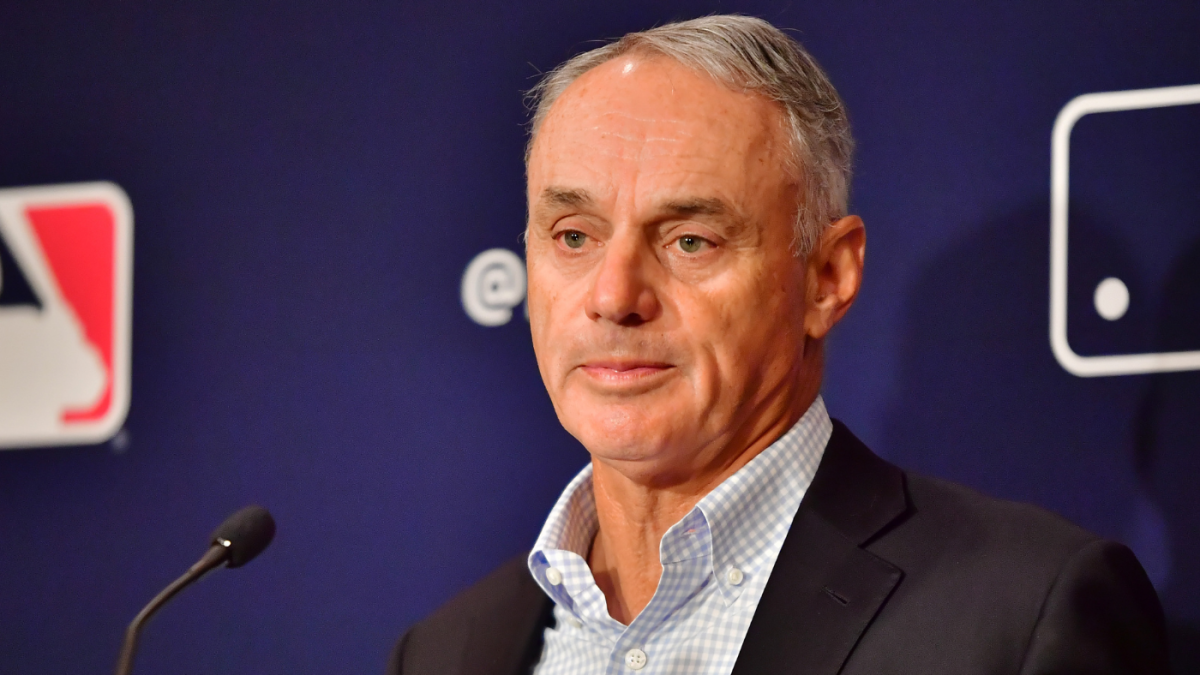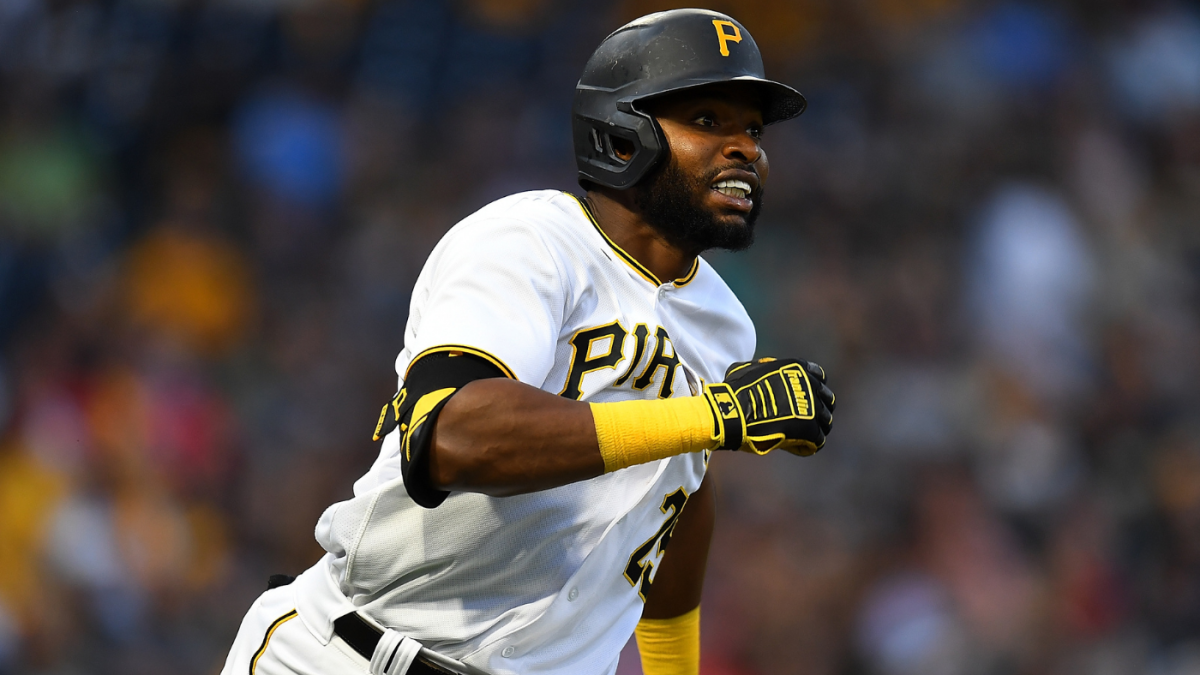1 day this month, Jake McCarthy, an outfielder for the Arizona Diamondbacks, slid open a big drawer within his locker and tried a rapid accounting of its contents. Inside of, piled haphazardly on top rated of one one more, had been a number of packing containers of Franklin batting gloves.
“I get 8 containers of batting gloves” to begin the period, McCarthy stated, and each has six pairs of gloves. Which is 48 sets of gloves for a marketing campaign that lasts roughly 27 months. What remains in that drawer signifies the ultimate third of his provide, and by the stop of this year, they’ll most possible all be absent. Beneath ordinary situations, a person pair of gloves can past McCarthy all-around 10 game titles.
Swapping them out is straightforward. Soon after all, considering the fact that earning the majors two years in the past, he has not had to spend for a one pair.
McCarthy is hardly a star — in simple fact, the Diamondbacks not too long ago optioned him to the small leagues — but he’s accustomed to the very good life of the majors. When it will come to batting gloves, the large leagues are the land of a good deal. Practically every major-league hitter has an endorsement offer with a glove maker that offers them with additional absolutely free gloves than they can shake a 34-ounce bat at.
Which is superior for the reason that, boy, do they go by way of them. Other than the ball, which no player truly owns, no piece of baseball equipment is as fungible as a pair of batting gloves. Quite a few hitters go through them like Tic Tacs, in no small part mainly because the supply is inexhaustible. The prompt a pair shows any indication of imperfection




